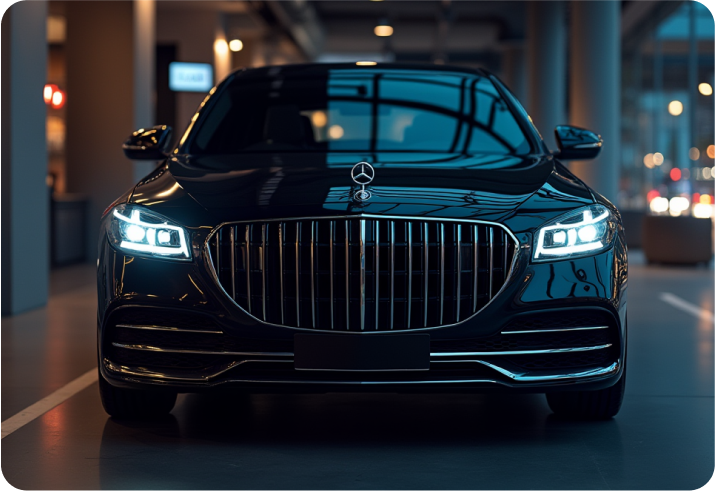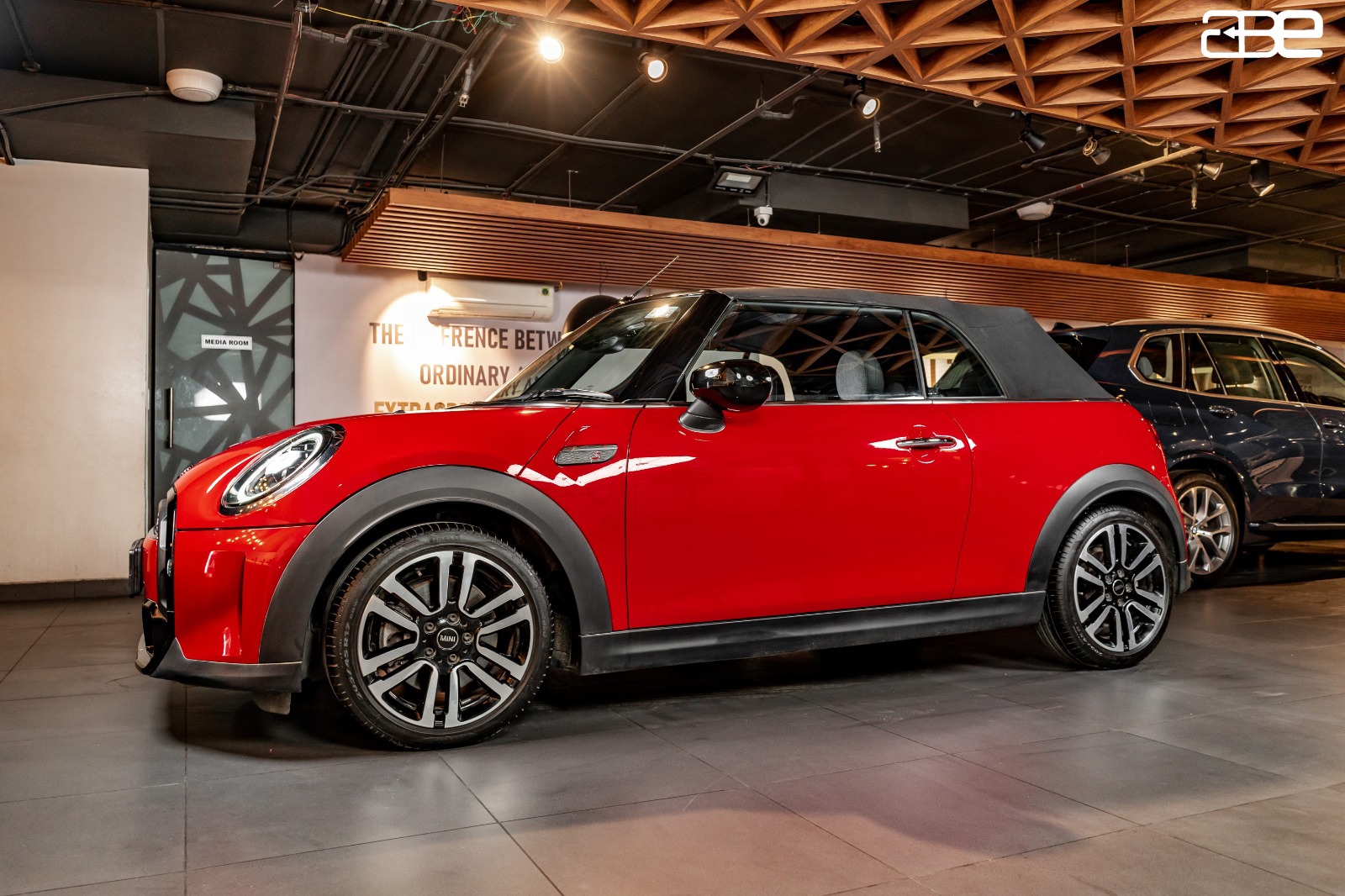10 Bad Driving Habits that are Harming your Car

When you own a car, you own a feeling of pride and a status symbol. As a family member, Car also requires tender love and care. To keep your car in an apt condition, regular service, maintenance, and correct driving techniques are needed.
Bad driving habits can drastically bring down the efficiency of your car. Your car can lose its ability due to bad driving techniques, and there are more chances of wear and tear than in normal conditions. A few driving habits can turn to be dangerous for your asset and behave as its silent killer. The bad driving habits and bad driving habits to avoidthat damage your car are:
-
Hand brake ignorance: How to use handbrake in car
A car's handbrake is like a safety bag that protects passengers in emergencies. Ignoring handbrake health is one of the most life-threatening, bad driving habits that damages your car immensely. If you do not engage the handbrake on your automatic vehicles, it puts your vehicle’s entire weight on a small piece of metal.
This metal is known as a parking prowl. The parking prowl is very tiny in size. It is as tiny as your fingers. Hence it is bound to wear quickly. Therefore, next time you wish to park, engage in a handbrake to even the load.
-
Low fuel tank: How to save fuel
This is one of the most common poor driving habits that affect the engine system of a car. Without fuel, the car will not perform well, but with a low fuel level, your car can get into a degrading mode, which is worse than an empty tank condition.
A vehicle's fuel pump is designed and created to be submerged in liquid fuel to work efficiently. If you run your vehicle on low fuel, you are risking and damaging the fuel pumps.
-
Cold engine reviving: How to keep a diesel engine warm in winter
It is believed that reviving a cold engine can get the engine system warm up more quickly; however, in reality, that does no good to the system. Forceful restoring of the engine system causes the temperature of the system to shoot up rapidly. Hence it is counted as bad driving behaviour OR poor driving habits.
If you seriously want to revive your engine, the correct way of doing so is by starting the car and then letting it warm up while idling. This gradual increase in the temperature gives a healthy kick start to the car engine and keeps the car engine in good condition.
-
Full throttle: Car throttle control tips
Going fast is the desire of every car owner. Speed is what excites people the most. However, the urge of going fast can often put a lot of pressure on the drivetrain and transmission components. Therefore, exceeding a full-throttle condition is a bad driving habit to avoid.
It is healthier for the car if one accelerates gradually, and does not directly put pressure on the right foot. Gradual acceleration and deceleration prolong the lifeline of the vehicle.
-
Engaged clutch:
The engaged clutch is the worst driving habit that is often ignored and neglected. In heavy traffic jams, keeping the clutch engaged while you wait to start driving on a green signal can turn into a nightmare if not controlled. Even though an engaged clutch condition can help you move faster in traffic, it damages the vehicle's internal components.
-
Ignoring warning lights:
Warning lights are warning signals that alert a car owner about any suppressive damage or defect in the alerting system. Ignoring warning lights can subject your car to long term damage, to repair, which can cost a fortune.
Owners should keep a watch on prominent symbols like engine lights, brake lights or any other indicator on the dashboard and always try to serve the matter to keep the car in top-notch and healthy condition.
-
Overloading:
What's worse than neglecting disturbances in cars, is subjecting it to an even more significant problem. A car is a commodity, a passenger handling vehicle. However, many times, people treat their vehicles as bullock carts and subject them to overloading.
Overloading enormously depreciates the car’s quality and damages the inner components, which is a significant threat.
-
Downhill braking: Car braking tips
While driving down the hill, applying frequent brakes can pressurise the brake systems of the car. It is better to flow along the gravity course in such a situation and gradually apply brakes to slow down the motion, rather than frequently used for safe driving.
-
Gear lever:
It is expected that during manual transmission, drivers rest their hands frequently on the gear lever to change gear. However, what goes unnoticed is that, even your hands subject pressure on the gear lever which can extensively damage the lever synchronisers.
-
Reverse to drive speed shifting:
A sudden directional change, like speed shifting in reverse gear, can take a toll on your vehicle's transmission system drive train. The best way to reverse without sudden shifting is by halting and then engaging the driving gear, saving the engine from bad driving habits that damage your car.

 By Admin
By Admin









